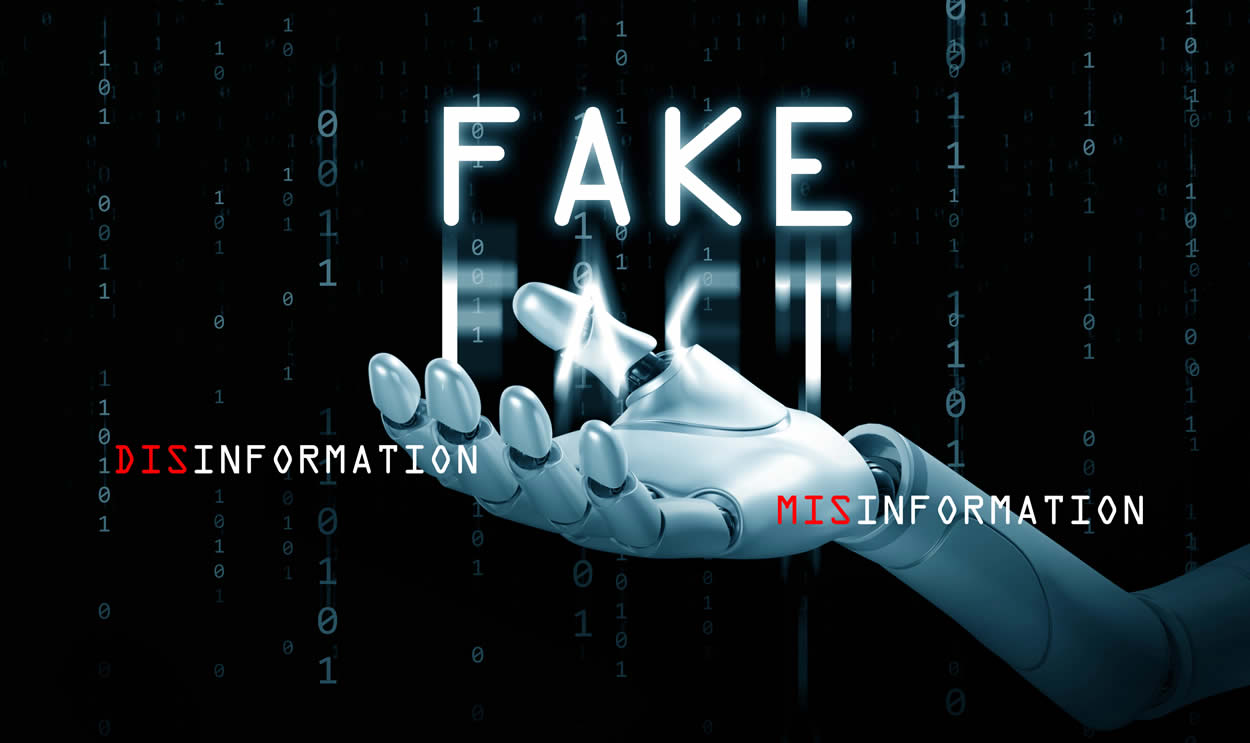The High Court has issued a firm warning to legal professionals across England and Wales following the misuse of generative AI tools that led to the submission of fictitious case law. The caution, which comes in the wake of growing concerns over unverified AI outputs in legal practice, underlines the duty of solicitors and barristers to ensure the accuracy and integrity of legal materials presented in proceedings.
The issue came to a head after a barrister submitted written arguments citing several authorities that turned out not to exist, having apparently been generated by artificial intelligence tools such as ChatGPT. The court identified the problem during its review of the submissions and launched an inquiry, prompting broader scrutiny of AI’s use in legal work. The judge in the matter described the incident as “a serious dereliction of a lawyer’s responsibilities” and reminded the profession that reliance on unverified AI-generated content is no defence to professional misconduct.
While the court accepted that AI tools can be helpful for drafting and idea generation, it made clear that they must be used with extreme caution. Legal professionals remain ultimately responsible for the materials they present to the court, and blind reliance on generative AI – particularly without appropriate fact-checking – is incompatible with the standards of competence and integrity required by the legal profession.
The incident echoes similar cases in other jurisdictions, most notably in the United States, where lawyers have been sanctioned for citing fabricated authorities produced by AI. In the UK context, the warning arrives amid increased regulatory focus on the intersection between emerging technologies and professional ethics.
The Solicitors Regulation Authority (SRA) and Bar Standards Board (BSB) have both expressed interest in developing further guidance on AI use in legal practice. In the meantime, legal professionals are reminded of their obligations under the SRA Code of Conduct and BSB Handbook to act with integrity, maintain competence, and ensure that their work is not misleading.
This case serves as a stark reminder that while AI may be a powerful tool, it is no substitute for legal judgment, due diligence, and proper research. As the courts adapt to an AI-assisted future, the fundamental principles of legal practice remain unchanged: accuracy, accountability, and adherence to the rule of law.

